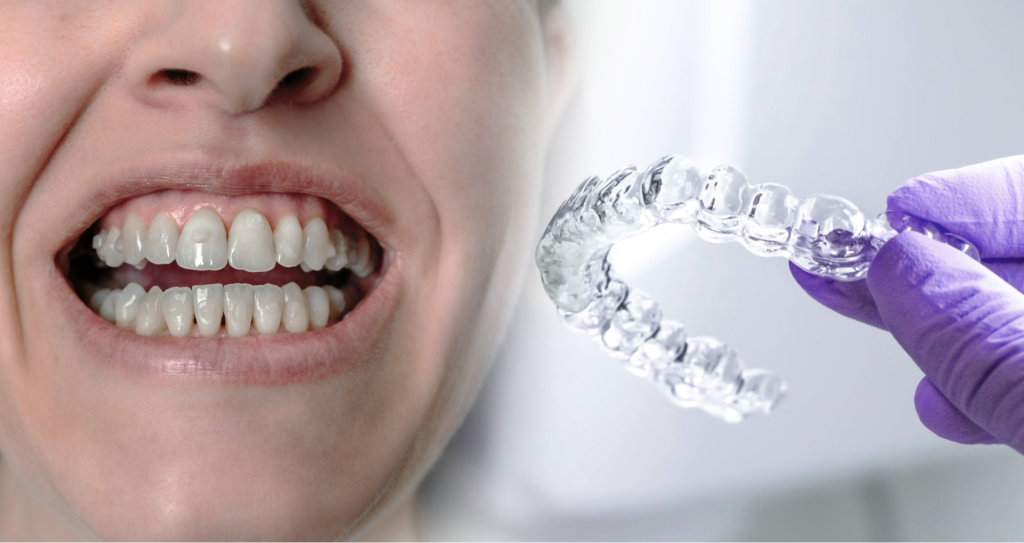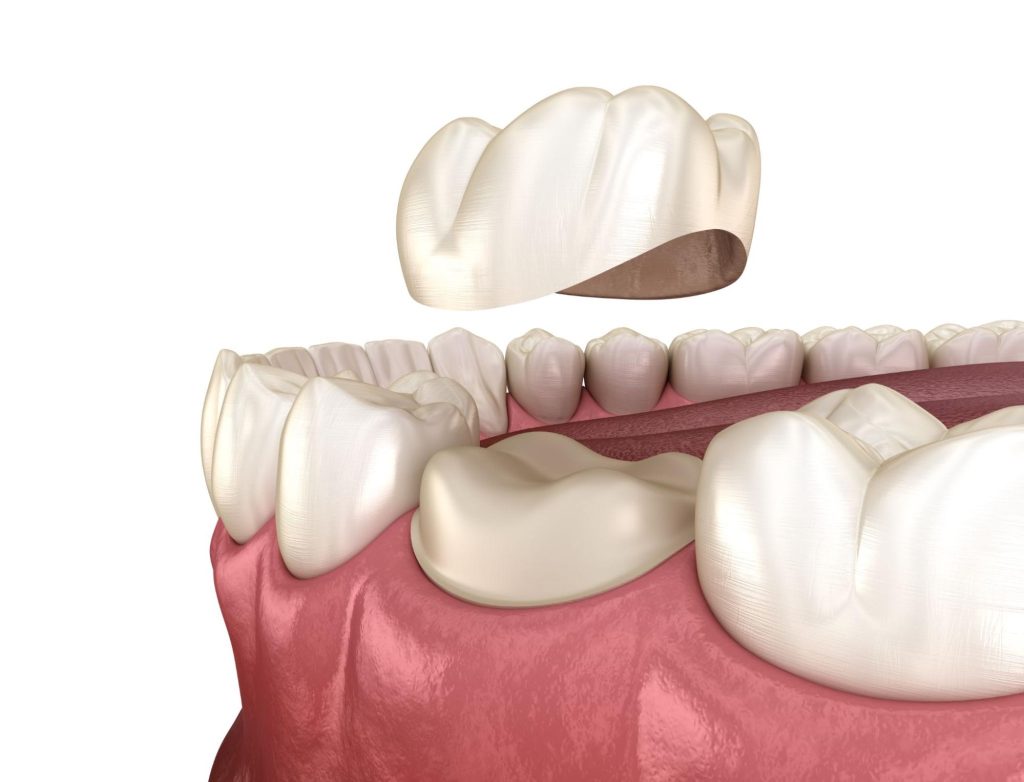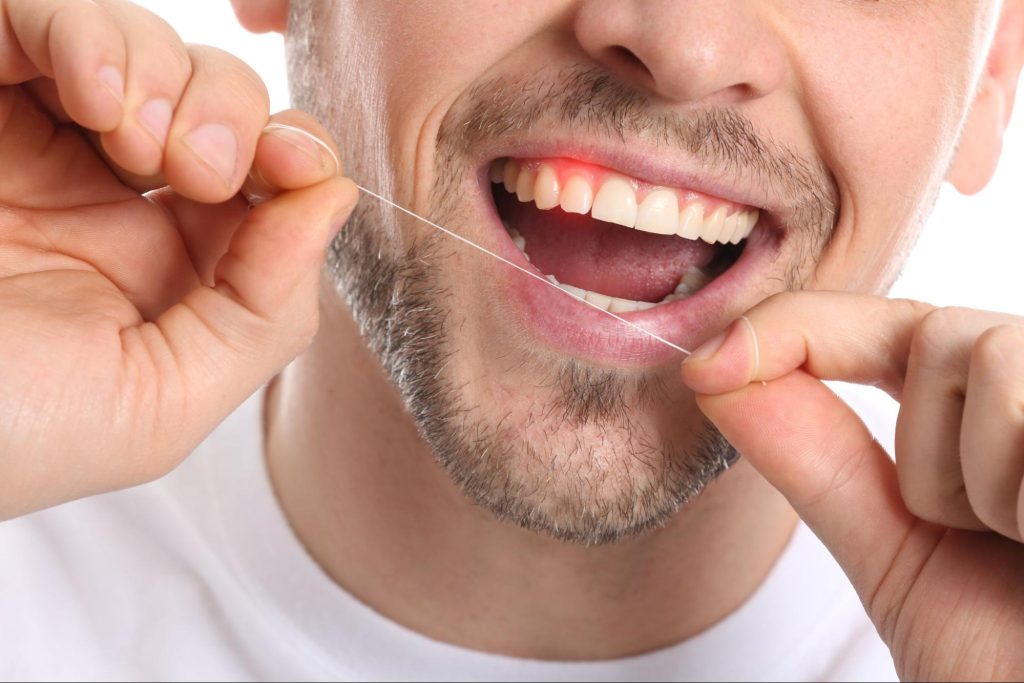Brush, floss, rinse, repeat — we’re all probably familiar with these general oral hygiene practices. But even with following these steps, cavities in the teeth are an issue that many of us will face. In fact, more than 1 in 3 children (38.2%) as young as 12-14 in Australia will experience dental decay. Fortunately, there are a multitude of ways you can care for your teeth and gums to help prevent cavities and other dental issues — and the best time to start is right now.
Recognize the Causes
To know how to best stave off cavities in the teeth, it’s important to first know what causes cavities and how they are formed. Cavities are the result, mainly, of a build-up of plaque, poor oral hygiene, and a diet high in sugar. But how exactly are cavities formed?
Well, plaque is a combination of bacteria, saliva, and food particles that can form a fuzzy-feeling coating over your teeth. These bacteria are living beings, and they are going to town feasting on the little food particles leftover in your teeth. As these bacteria break down the sugars from your food, an acid is left behind on your teeth. When left to sit, this acid begins to eat away at the protective enamel coating of your teeth, eventually forming cavities.
Brush Your Teeth Regularly, Properly, and with the Right Brush
The biggest thing you can do to protect yourself against cavities in the teeth is the exact thing people have been telling you since you were old enough to understand: brush your teeth! Brushing your teeth helps to get rid of those nasty bacteria hanging out in your mouth, creating the acids that can lead to cavities in the teeth.
However, it’s not enough to just brush your teeth every once in a while; proper brushing means brushing regularly, properly, and with the right brush. That means brushing after mealtimes, and especially before bed — it’s important to not let those acid-creating bacteria sit in your mouth overnight.
Additionally, according to the Australian Dental Association (ADA), “you should clean your teeth systematically, starting at the back of your mouth with the toothbrush bristle at the gum line on a 45° angle, brushing gently in a circular motion. If you scrub too hard from side to side, you can run the risk of causing your gums to recede, as well as damaging the tooth enamel.” And don’t forget the tongue! Brushing your tongue aids in removing harmful bacteria from your mouth and goes a long way in keeping your breath fresh.
Limit Your Sugar and Starch Intake
Since the formation of cavities in the teeth has a lot to do with the food particles that get left in your mouth, it’s safe to say the type of food particles lingering there make a difference. Sugar is an obvious culprit since it is the food the acid-forming bacteria are searching for. But starches are a sneakier offender — the breakdown of starches into sugars begins in the saliva, and this can be a source of sugar left in the teeth.
Many studies have confirmed there is a distinct correlation between levels of sugar consumption and the number of cavities in the teeth. This holds true for children and adults. Results from these studies suggest the benefits of limiting sugar intake to 5% or less of your total energy consumption.
No Snacks Before Bedtime
As important as brushing your teeth before bed is, it’s just as important that you don’t have any bedtime snacks afterwards. Brushing your teeth before bed ensures that you have cleaned, to the best of your ability, the bacteria from your teeth, gums, and tongue, along with the food particles from your day. Nightly flossing removes any lingering food particles in hard to reach spaces.
If you were to indulge in a little bedtime treat, you would be ruining your freshly cleaned mouth and setting up those harmful bacteria to work all night long. While you are sleeping, there is ample time for those bacteria to create the acids that form cavities in the teeth. Avoid this by having only water after your nighttime oral hygiene routine.
Go Visit Your Dentist
Of course, one of the best tips to avoid cavities in the teeth is to go visit your dentist! Seeing a professional ensures that they spot signs of cavities early and can work with you to address these issues. Even the most diligent brush and flosser needs routine checks from their dentist to ensure those pesky bacteria haven’t found a hard to reach spot or two. To maintain good dental hygiene, the ADA recommends visiting your dentist every six months.
Summary
Most of us will have some cavities in the teeth at some point in our lives. However, the steps we’ve outlined in this article are some easy tips you can use at home to help avoid cavities. Pay attention to what you’re eating, how and when you’re brushing, and, at the end of the day, visit your dentist regularly to be sure your teeth are receiving their best care. Book an appointment today at Mosman Fine Dental to help keep that smile that you love.



